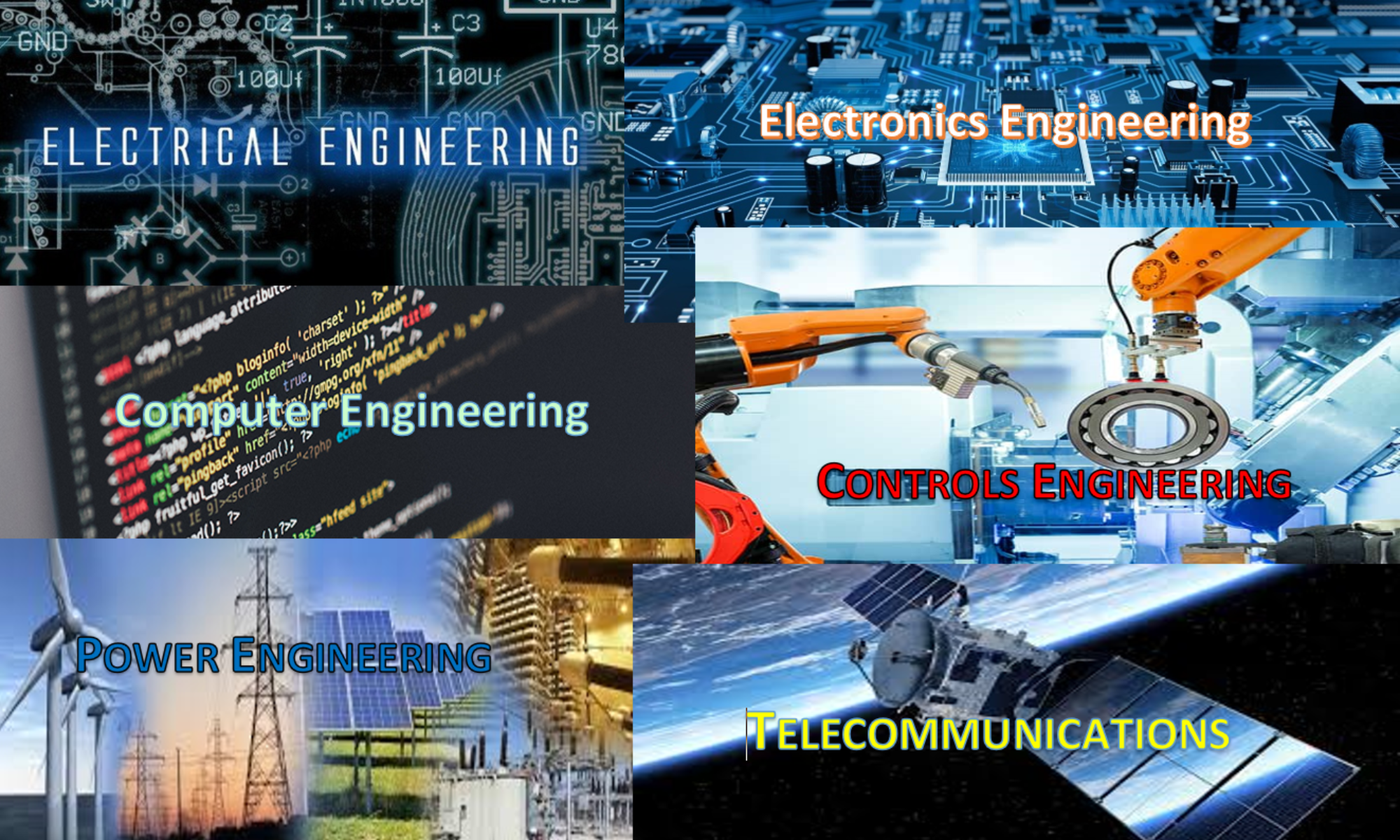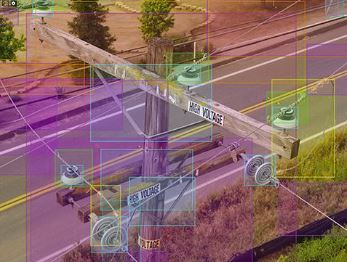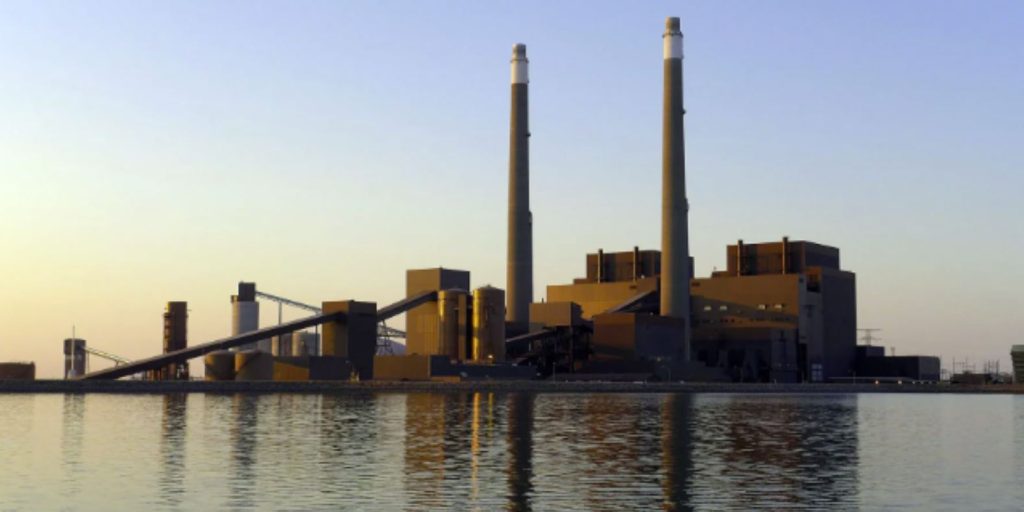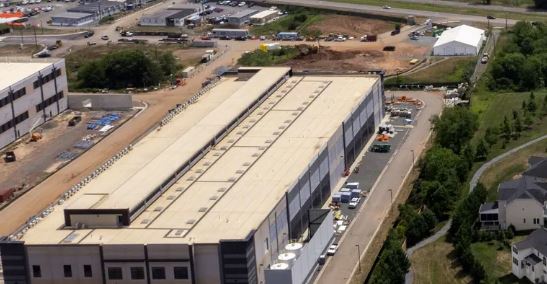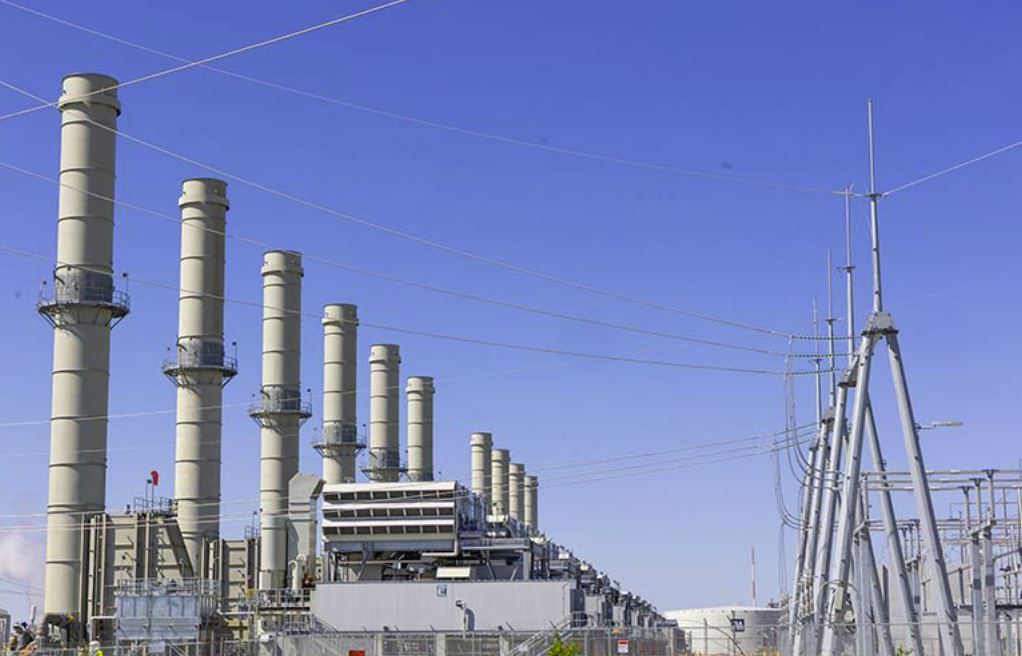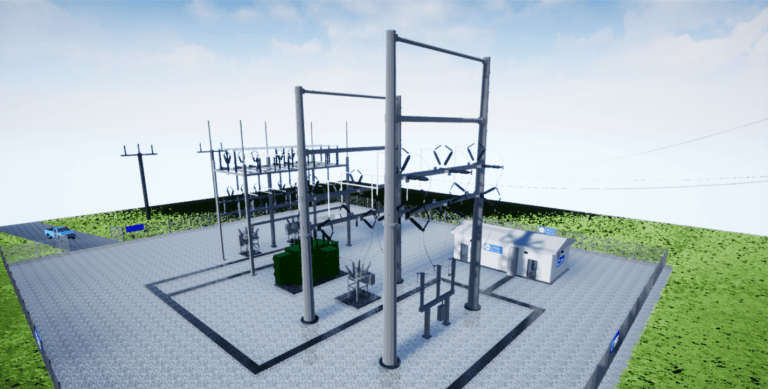
View a wide range of topics related to the power industry – power generation/transmission, power delivery, power distribution, protective relaying, protection & controls, SCADA automation, power quality & reliability, motor control centers, substation engineering & design, physical engineering & design, major equipment arrangement, grounding, equipment specifications, solar PV, telecommunications, 3D CAD modeling, electrical safety, and much more…
